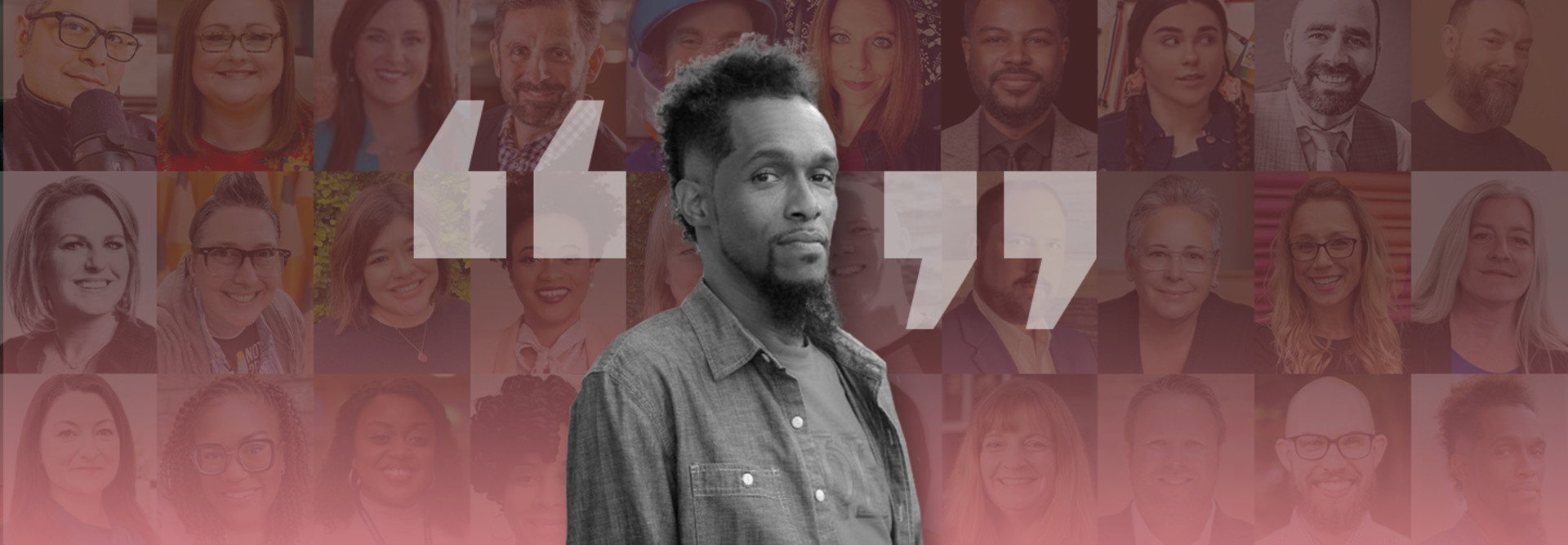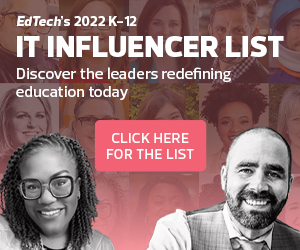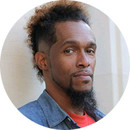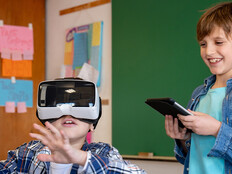We’ve done some things with video game design where we talk about superheroes of color. We researched some cultural origins of mythology involving people of color all over the world. Once kids create the storyboard, we apply those computer science skills to program our game.
EDTECH: What types of technology have contributed to your program's success?
HICKS: We’ve done a lot with several online coding platforms. I’ve found mixing that experience is good for kids. They start to conceptualize the skill, not just the particular look or feel of one program or the other.
Google Classroom has been awesome. We have also used Microsoft Teams. When they create their song with code, we use EarSketch, which has been a great programming platform. It has a really cool transition from block-based programming into text coding.
Flipgrid has become a one-stop shop for everything video, from my instructional videos to when the kids have questions. I have them record their screens and talk to me. I can hear what their thinking is, but also, it gives me the powerful ability to see their code as they’re explaining it. We use Tinkercad for 3D modeling, and we do a lot of design thinking. Then, they build their final prototype in Minecraft.
EDTECH: How can school districts incorporate culture into their coding and other STEM instruction?
HICKS: Generally speaking, it comes from the subject matter of the coding. I would suggest districts and teachers explore their own passions, but listen to the passions of their students too. What are some issues they’re concerned about?
HBCUs are something I was very passionate about, so I was able to incorporate that. Our music program has taken on more of a social justice piece. Just in taking feedback from our participating families and some of our students, I saw there are some other things people are passionate about that tie into addressing the digital divide or getting traditionally underrepresented communities excited about computational thought.
DIVE DEEPER: CoSN speakers address equity through educational technology.
EDTECH: What are the advantages of cultural STEM programs for minority students?
HICKS: Our student’s futures will include job opportunities and workplace situations that we don’t even realize right now. Everyone is not going to be a computer scientist, but the ability to work collaboratively and complete projects within a virtual space are now very realistic and in-demand skills.
Students also benefit from the exposure to culture that Coding with Culture provides, even if it’s not the culture of that particular student. To truly have diversity, inclusion and equity, everybody has to understand that there are excellence and traditions in everyone’s background.












